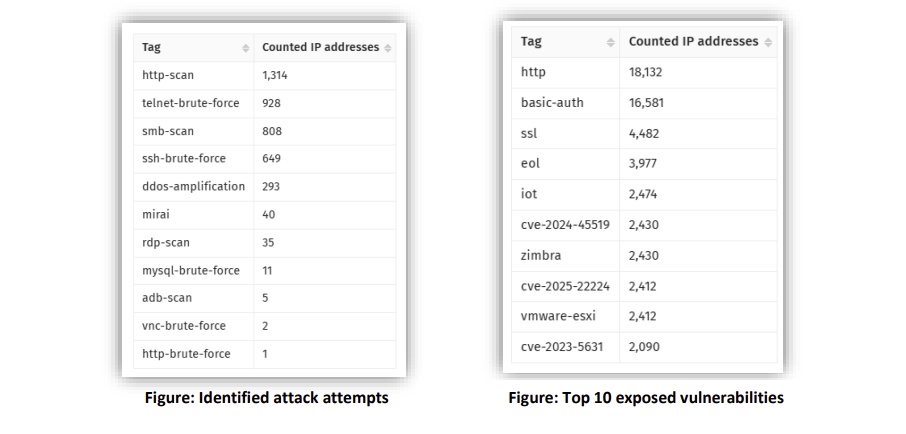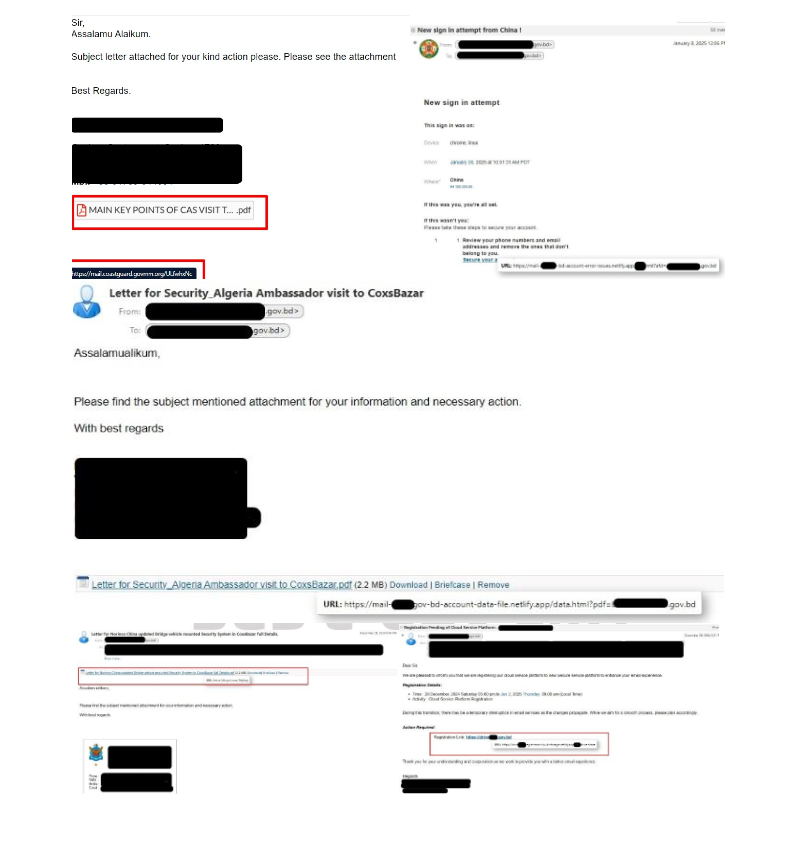A Vulnerability in Juniper Junos OS Could Allow for Remote Code Execution
by CIRT Team
DESCRIPTION:
A vulnerability has been discovered in Juniper Junos OS that could allow
for remote code execution. Junos OS is a single network operating system
providing a common language across Juniper’s routing, switching and
security devices. This vulnerability specifically affects the overlayd
service of Juniper Networks Junos OS. The overlayd daemon handles
Overlay OAM packets, such as ping and traceroute, sent to the overlay.
The service runs as root by default and listens for UDP connections on
port 4789. This issue results from improper buffer size validation,
which can lead to a buffer overflow. Unauthenticated attackers can send
specially crafted packets to trigger this vulnerability, resulting in
possible remote code execution.
Successful exploitation of this vulnerability could allow for remote
code execution. Depending on the privileges associated with the
application, an attacker could then install programs; view, change, or
delete data; or create new accounts with full user rights. Applications
that are configured to have fewer user rights on the system could be
less impacted than those that operate with administrative user rights.
IMPACT:
A vulnerability has been discovered in Juniper Junos OS that could allow
for remote code execution. Juniper Junos is prone to a buffer-overflow
vulnerability because it fails to properly validate the buffer size.
Specifically, this issue exists in the ‘overlayd’ service. A remote
unauthenticated attacker can exploit this issue by sending a
specially-crafted packets to the affected device. An attacker can
exploit this issue to execute arbitrary code within the context of the
affected system. Failed exploits may result in denial-of-service conditions.
Successful exploitation of this vulnerability could allow for remote
code execution. Depending on the privileges associated with the
application, an attacker could then install programs; view, change, or
delete data; or create new accounts with full user rights. Applications
that are configured to have fewer user rights on the system could be
less impacted than those that operate with administrative user rights.
SYSTEM AFFECTED:
* 15.1X49 versions prior to 15.1X49-D240 on SRX Series;
* 15.1 versions prior to 15.1R7-S9;
* 17.3 versions prior to 17.3R3-S11;
* 17.4 versions prior to 17.4R2-S13, 17.4R3-S4;
* 18.1 versions prior to 18.1R3-S12;
* 18.2 versions prior to 18.2R2-S8, 18.2R3-S7;
* 18.3 versions prior to 18.3R3-S4;
* 18.4 versions prior to 18.4R1-S8, 18.4R2-S7, 18.4R3-S7;
* 19.1 versions prior to 19.1R2-S2, 19.1R3-S4;
* 19.2 versions prior to 19.2R1-S6, 19.2R3-S2;
* 19.3 versions prior to 19.3R3-S1;
* 19.4 versions prior to 19.4R2-S4, 19.4R3-S1;
* 20.1 versions prior to 20.1R2-S1, 20.1R3;
* 20.2 versions prior to 20.2R2, 20.2R2-S1, 20.2R3;
* 20.3 versions prior to 20.3R1-S1.
RECOMMENDATIONS:
* Block external access at the network boundary, unless external parties
require service.
If global access isn’t needed, filter access to the affected computer at
the network boundary. Restricting access to only trusted computers and
networks might greatly reduce the likelihood of successful exploits.
* Run all software as a nonprivileged user with minimal access rights.
To mitigate the impact of a successful exploit, run the affected
application as a user with minimal access rights.
* Deploy network intrusion detection systems to monitor network traffic
for malicious activity.
* Deploy NIDS to detect and block attacks and anomalous activity such as
requests containing suspicious URI sequences. Since the webserver may
log such requests, review its logs regularly.
* Implement multiple redundant layers of security. Since this issue may
be leveraged to execute code, we recommend memory-protection schemes,
such as nonexecutable stack/heap configurations and randomly mapped
memory segments. This tactic may complicate exploit attempts of
memory-corruption vulnerabilities.
REFERENCES:
https://cve.mitre.org/cgi-bin/cvename.cgi?name=2021-0254
https://kb.juniper.net/InfoCenter/index?page=content&id=JSA11147











